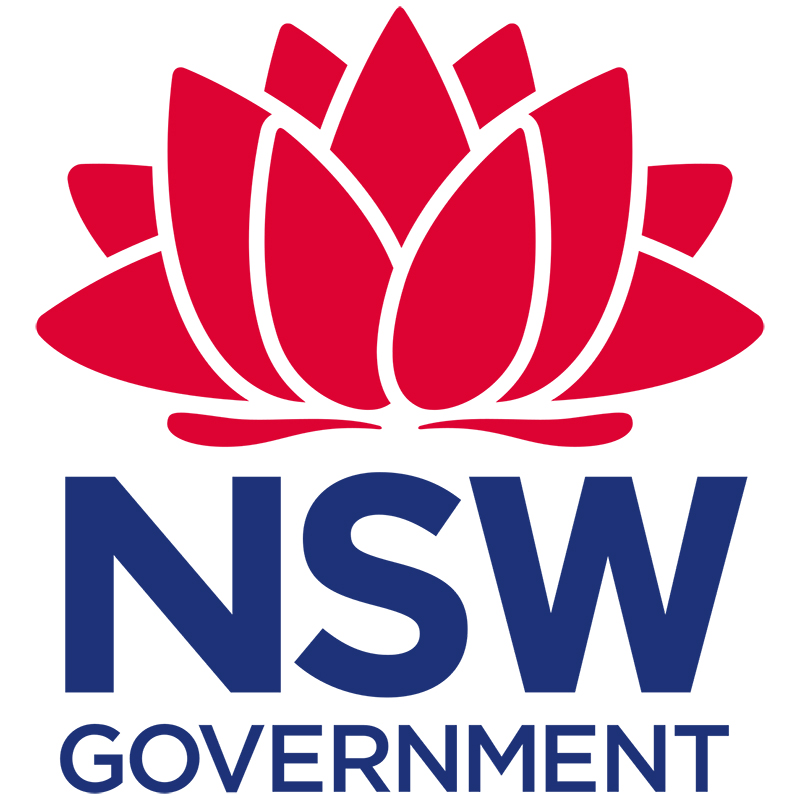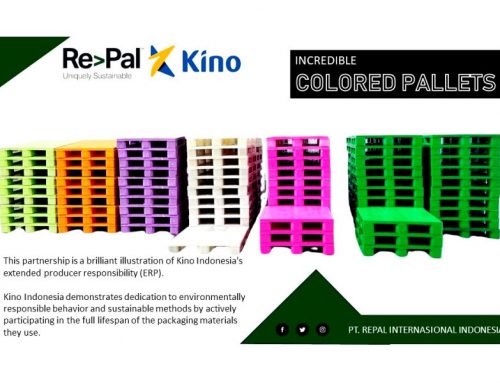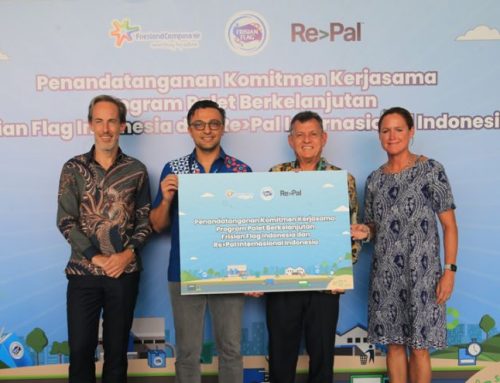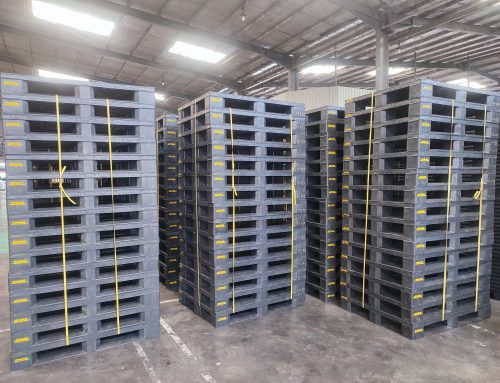The New South Wales Government (NSW) in Australia recently announced a new initiative to help promote the onshore processing of waste. Since China’s Sword programme put the global recycling and waste recovery supply chain literally to the sword, recycling has been in disarray with domestic markets struggling to handle the waste building up in domestic markets. This is where Governments need to step in and foster improved capabilities, as transporting waste vast distances for processing never makes great sense. Remanufacture NSW supports organisations to respond to the regulation of the export of glass, plastic, tyres and paper and cardboard under the Recycling and Waste Reduction Act 2020.
Remanufacture NSW aims to maximise recycling and reuse activities for regulated materials, contributing to meeting the Australian and NSW Government’s resource recovery targets, while keeping resources within the circular economy. This initiative is jointly funded by the Australian Government’s Recycling Modernisation Fund (RMF) and the NSW Government’s Waste Less, Recycle More initiative. The RMF aims to increase the onshore capacity of recycling 650,000 tonnes of waste plastic, paper, glass and tyres each year before the total Australian waste export ban comes into force in mid-2024. Other States and Territories will also be responding to add capacity into the Australian waste network.
A similar programme federally funded in Indonesia would be incredibly helpful to add significant funding to streamline across Indonesia what is an informally organised sector and help President Jokowi with his country’s goal to reduce plastic waste by 70% by 2025.Given the extent of the plastic problem all across Indonesia the current lack of domestic support from education through to infrastructure is disappointing. However, when developed countries such as the US and Australia do not tax recycled products differently to virgin products and also don’t have a carbon tax in place that could value the embedded sustainability benefits in recycled product values, it’s hard to be too critical.






